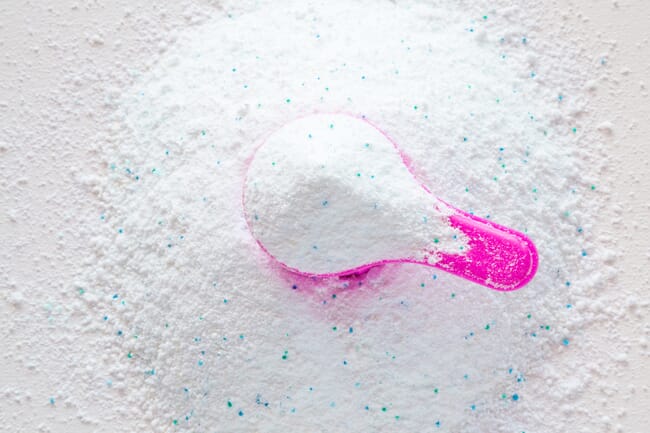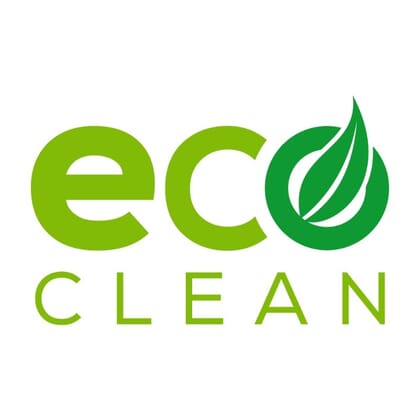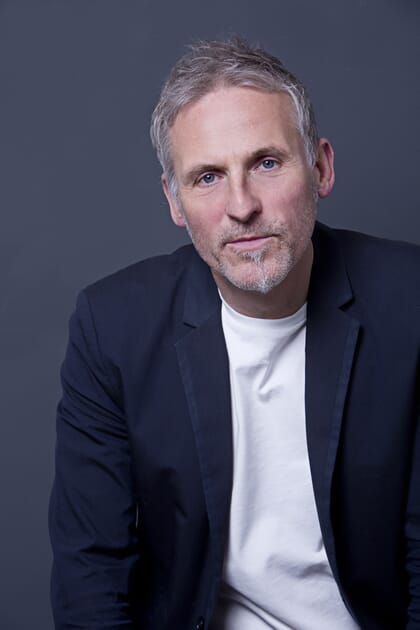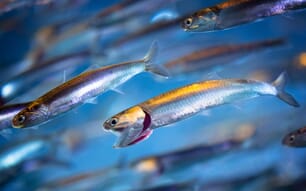Scottish start-up Eco Clean Team is undertaking a research project with experts from the University of St Andrews to develop a new process that uses by-products from fish farming to produce surfactants – one of the main components in detergents and other industrial and institutional cleaning products.

With six-figure funding support from the Industrial Biotechnology Innovation Centre (IBioIC), Eco Clean is aiming to develop a more sustainable alternative to traditionally petrochemical-based surfactants, which can be produced at scale.
Surfactants – or surface active agents – are used in detergents to disrupt the surface tension on the item being cleaned, helping to trap and remove dirt. Different types of surfactants are used as wetting agents, emulsifiers, and foaming agents for a range of products.
Dr Alfredo Damiano Bonaccorso, senior research fellow at the University of St Andrews, said: “This project with Eco Clean is an excellent case study of how research can help a novel company to develop an idea by transferring insight and knowledge from academia to industry. I was already using fish oil waste to produce biofuel, so decided to explore a similar process and feedstock to produce a bio-based surfactant and we were pleased to see success from the initial feasibility study.”

Eco Clean’s circular approach uses waste from the growing Scottish aquaculture sector to create the valuable chemical compounds – focusing especially on the fish oils rich in fatty acids which account for around a for around quarter of the sector’s total by-product output. In 2020, the sector produced around 192,000 tonnes of Atlantic salmon and has ambitions to grow to its economic output to £3.6 billion by 2030 – highlighting the scale of the opportunity for a more circular approach in aquaculture.
The sector is taking significant steps to reduce and reuse its by-products – for example, in the formulation of biodiesel. However, this project could unlock an opportunity to create higher-value sustainable products with a long-term application.
The bio-based process developed by researchers at the University of St Andrews is more cost effective, efficient and eco-friendly than traditional methods of producing surfactants. The next stage of its development will ensure the new method is replicable, straightforward to implement, and allows surfactants to be producible in high volumes.

Mark Hamilton, co-founder and director at Eco Clean, said: “While working on a project for the development of a new cleaning product, I began to look at how one of the core ingredients could be produced in a more sustainable way. This developed into the project Eco Clean is working on today.
“This next stage in our research represents a critical step in the process of development then scaling up the production of our sustainable surfactant. We have already proved the feasibility in a previous study and hope that, by the end of this project, we will find ourselves closer to full-scale commercialisation and seeing the surfactant used in a range of industrial and selected household products.
The project builds on the success of a feasibility study which was jointly funded by IBioIC and the Sustainable Aquaculture Innovation Centre (SAIC) in 2020, with the team having secured funding to take the concept to the next stage of scaling up.




